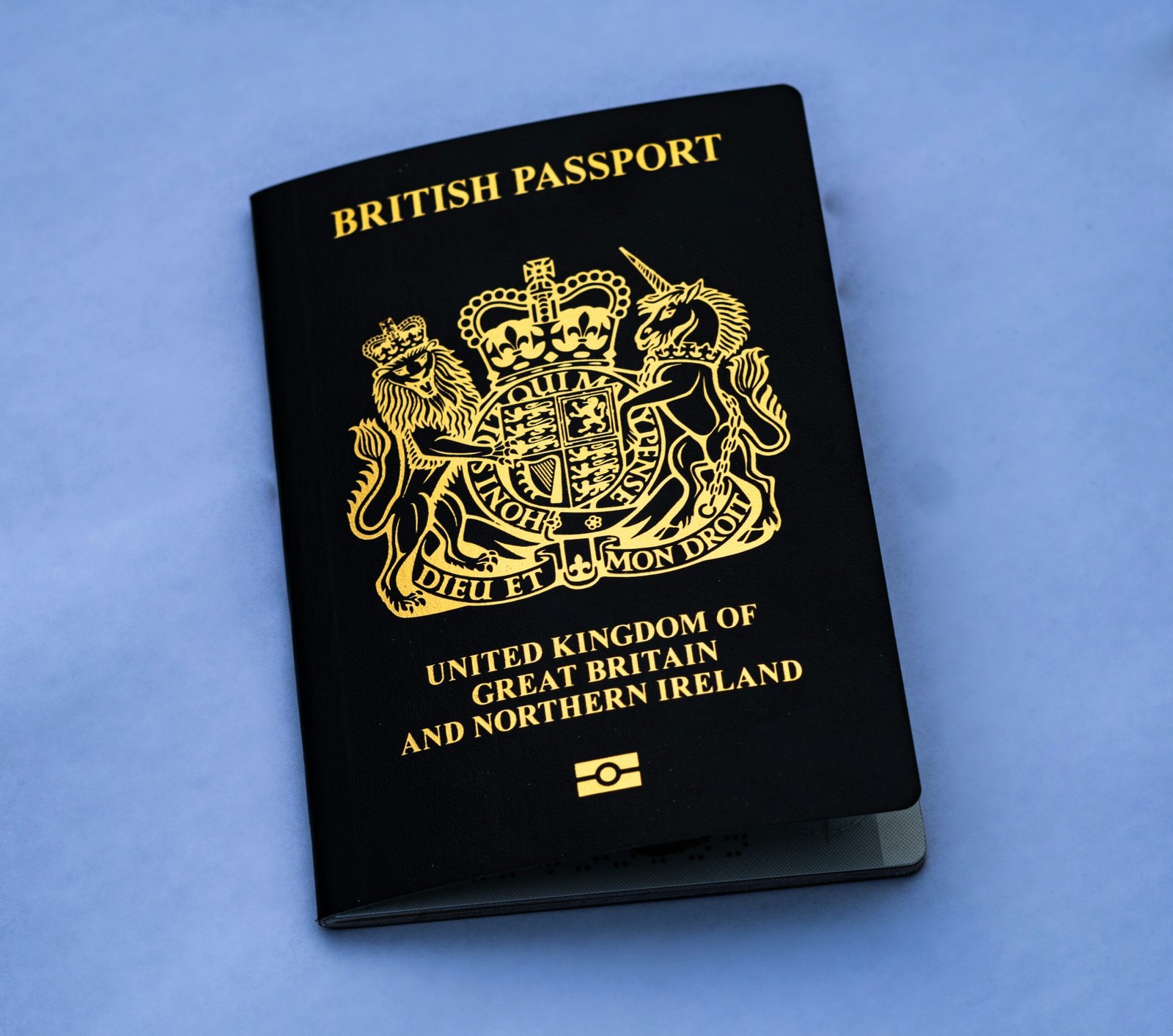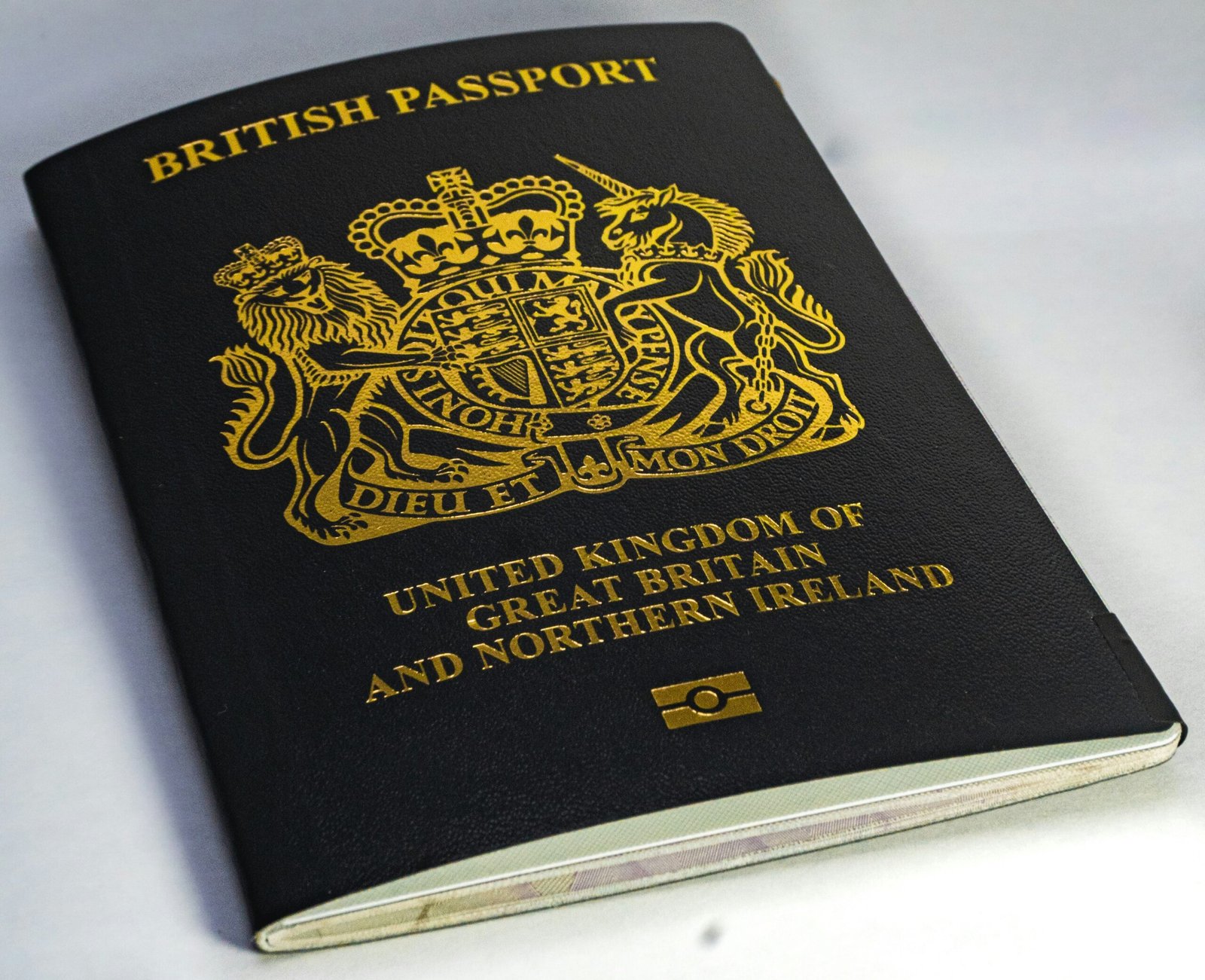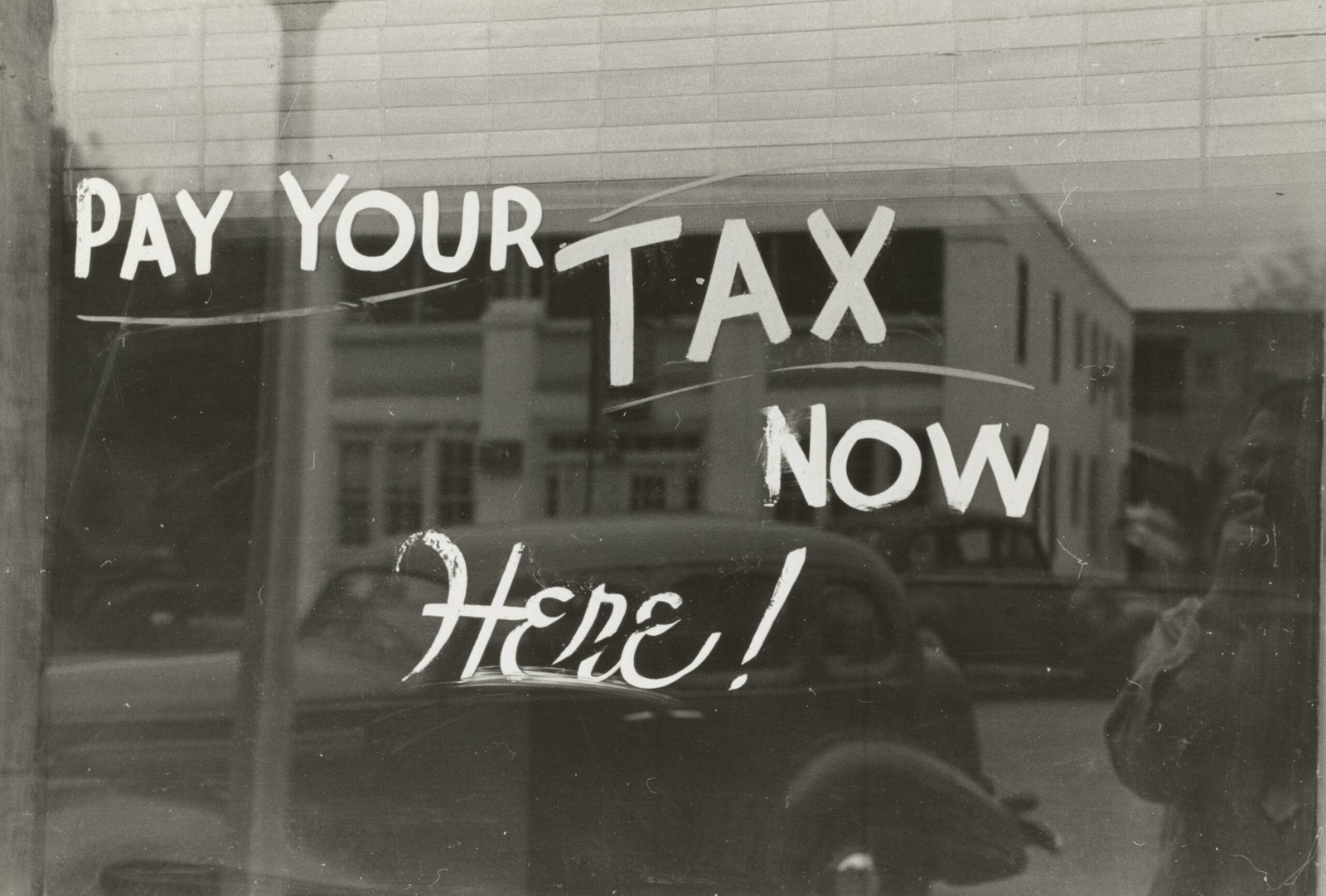The UK’s tax system is built on a few main pillars. While there are other taxes (like Council Tax for your home, or Stamp Duty for buying property), income tax, National Insurance, and VAT are the ones you’ll encounter most frequently in your daily life. Let’s look at each in turn.
1. Income Tax: Paying Your Way on Earnings
What it is: Income Tax is levied on most types of income you receive. This includes money earned from employment (your salary), profits from self-employment, pensions, rental income, and interest from savings above a certain amount. It’s the biggest chunk of tax for most working people.
How it Works (for most employees): Fortunately, for most employees, Income Tax is collected automatically through a system called PAYE (Pay As You Earn). This means your employer deducts the tax directly from your wages before you receive them, and then pays it to HM Revenue & Customs (HMRC), the UK’s tax authority. You’ll see this deduction on your payslip.
The Personal Allowance: This is your golden ticket! Everyone gets a tax-free amount of income each tax year (which runs from 6 April to 5 April). This is called the Personal Allowance. For the 2024/2025 tax year, the standard Personal Allowance is £12,570. This means you don’t pay any Income Tax on the first £12,570 you earn.
Tax Bands (The More You Earn, The More You Pay): Once you earn over your Personal Allowance, your income is taxed at different rates depending on how much you earn. The UK uses a progressive tax system, meaning higher earners pay a higher percentage of their income in tax.
- Basic Rate: 20% (on income over £12,570 up to £50,270)
- Higher Rate: 40% (on income over £50,270 up to £125,140)
- Additional Rate: 45% (on income over £125,140)
It’s important to remember that these thresholds and rates can change, so always check the latest official HMRC guidance.
Your Tax Code: When you start a job, HMRC or your employer will give you a tax code. This seemingly random string of numbers and letters (e.g., 1257L) tells your employer how much tax-free income you have before they start deducting tax. The ‘1257’ in 1257L typically means £12,570 (the Personal Allowance), and ‘L’ means you’re entitled to the standard Personal Allowance. If you think your tax code is wrong, contact HMRC.
2. National Insurance (NI): Building Your Social Security Future
What it is: National Insurance is another mandatory deduction from your wages, paid by both employees and employers. While it’s a tax, its primary purpose is to build up your entitlement to certain state benefits, such as the State Pension, Jobseeker’s Allowance, and Maternity Allowance.
How it Works: Like Income Tax, NI contributions are usually deducted automatically from your earnings via PAYE. When you start working in the UK, you’ll need to apply for a National Insurance (NI) number. This is a unique personal reference number that ensures your contributions are properly recorded against your name.
NI Rates (for employees): You start paying NI contributions once you earn above a certain threshold (the ‘Primary Threshold’).
- For the 2024/2025 tax year, you generally pay 8% on earnings between £12,570 and £50,270 a year.
- You then pay 2% on earnings above £50,270.
Again, these rates and thresholds can change.
Getting Your NI Number: If you don’t have one, you’ll need to apply for an NI number. You can usually start work without one if you can prove your right to work, but you should apply as soon as possible. Your employer will deduct NI at an emergency rate until you get your number. Apply via the GOV.UK website.
3. VAT (Value Added Tax): The Hidden Cost of Goods and Services
What it is: VAT is a consumption tax added to the price of most goods and services sold in the UK. Unlike Income Tax and National Insurance, which you pay directly from your earnings, VAT is usually included in the price you see when you buy something.
How it Works: Businesses that are VAT-registered charge VAT on the goods and services they sell. They then pass this money on to HMRC. So, when you buy a new piece of furniture, a meal out, or a new phone, VAT is already factored into the price you pay.
VAT Rates: There are different rates of VAT:
- Standard Rate: 20% (applies to most goods and services, e.g., electronics, clothing, restaurant meals, car repairs).
- Reduced Rate: 5% (applies to some items like domestic fuel and power, children’s car seats).
- Zero Rate: 0% (applies to essential goods like most food, children’s clothes, books, and public transport fares). You don’t pay VAT, but the seller can still reclaim any VAT they paid on their costs.
- Exempt: Some services are exempt from VAT, meaning no VAT is charged, and the business cannot reclaim VAT on its costs (e.g., education, health services provided by the NHS, most financial services).
You won’t directly ‘pay’ VAT in the same way you do Income Tax or NI, but you’ll see it reflected in the prices you pay for things. Keep an eye out for receipts that break down the VAT component.
Final Thoughts for New Residents:
- Keep Your Payslips: Always check your payslips to ensure your Income Tax and National Insurance deductions look correct.
- File a Self Assessment Tax Return (If Needed): Most employees don’t need to do this, but if you’re self-employed, have significant rental income, or have complex tax affairs, you might need to register for Self Assessment and complete an annual tax return.
- Use HMRC Resources: The GOV.UK website is your official source for all tax information. It has countless guides and tools.
- When in Doubt, Ask: If you’re ever unsure about your tax situation, don’t hesitate to contact HMRC directly. They can help clarify your tax code or NI contributions.
Understanding the UK tax system might not be the most thrilling part of settling in, but it’s undoubtedly one of the most important. By grasping the basics of Income Tax, National Insurance, and VAT, you’ll feel much more confident about your finances and how your contributions help support the UK’s public services. You’re now a step closer to truly being a local!













Leave a comment